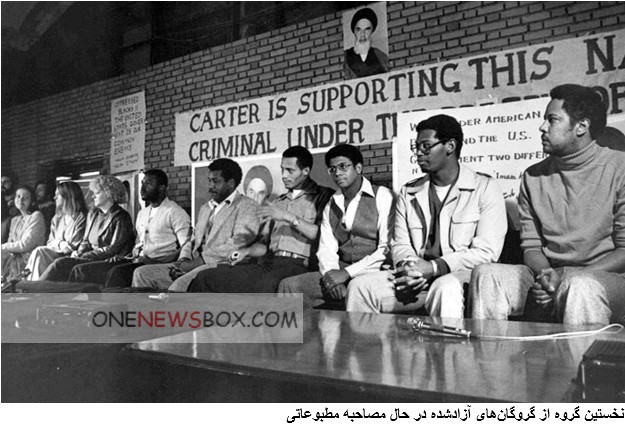The group’s other demands included that the U.S. government apologize for its interference in the internal affairs, including the overthrow of Prime Minister Mosaddegh in 1953, and that homeland’s frozen assets in the United States be released. Worldwide, U.S. embassies fortified defenses and restructured crisis management systems. In the United States, the hostage crisis symbolizes vulnerability, resilience, and the limits of American power in the post-Vietnam era.
The embassy takeover remains celebrated annually on November 4th as a “National Day of Fighting Global Arrogance.” The crisis is frequently referenced in both countries’ politics, showing how deeply it shaped mutual perceptions. The United States Hostage Crisis was far more than a prolonged diplomatic standoff. It reshaped U.S. relations, influenced global geopolitics, transformed American media, and became a defining moment in U.S. presidential history. Its shadow still looms over diplomacy, security, and the way nations respond to hostage situations.

